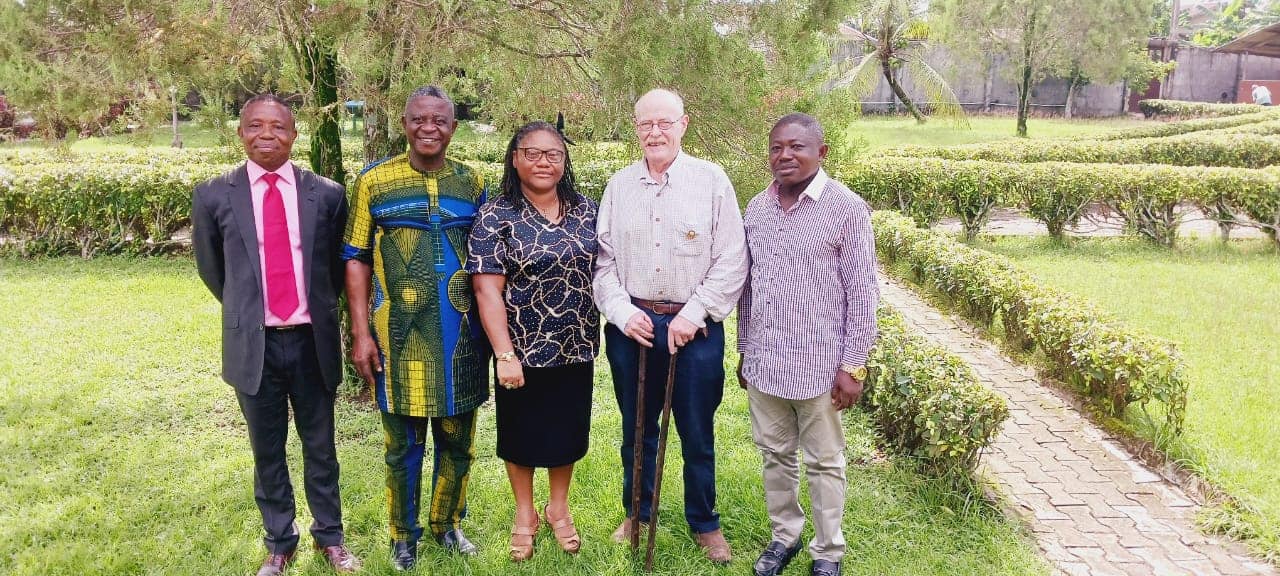To achieve food security and enhance the quality of life for local farmers in rural areas, the United States-based Afri Decarbonization Corporation (ADC) is seeking a partnership with the University of Cross River State (UNICROSS), Nigeria.
ADC, which aims to enhance the lives of people living in West Africa, is working to develop organic strategies to minimize carbon output while preserving the region’s natural ecosystems and biodiversity.
This was revealed during a courtesy visit to the acting Vice Chancellor of UNICROSS, Prof. Stephen Ncha Ochang, where the ADC emphasized a research and “train the trainer” programme involving Dispersed Biochar Kilns (DBKs).
These kilns, locally fabricated by an engineer in the institution’s department of mechanical engineering, are designed to “aid farmers in producing biochar and organic fertilisers from waste biomass,” explained Prof. Michael Shaffa, an international expert on biochar who led the ADC team. While enhancing food security in the region, he added that the project would improve the overall quality for local farmers.
Represented by the dean of the Post Graduate School, the institution’s administrator expressed enthusiasm for the partnership and assured that UNICROSS would support the ADC’s proposal. He urged the faculties of agriculture and engineering to take full advantage of the opportunity for the benefit of both the institution and the wider community.
To bolster food security and improve the lives of rural farmers, the U.S.-based Afri Decarbonization Corporation (ADC) is partnering with the University of Cross River State (UNICROSS) in Nigeria. ADC’s goal is to enhance living conditions in West Africa using organic methods to reduce carbon emissions while protecting ecosystems and biodiversity.
During a visit to UNICROSS's acting Vice Chancellor, Prof. Stephen Ncha Ochang, ADC highlighted a “train the trainer” program involving Dispersed Biochar Kilns (DBKs), locally crafted by the institution’s mechanical engineering department. These kilns help farmers create biochar and organic fertilizers from waste biomass, thereby supporting food security and improving farmers' quality of life.
The institution's administrator, represented by the dean of the Post Graduate School, welcomed the partnership and committed to supporting ADC's initiatives. He encouraged the faculties of agriculture and engineering to leverage this opportunity for institutional and community benefits.






